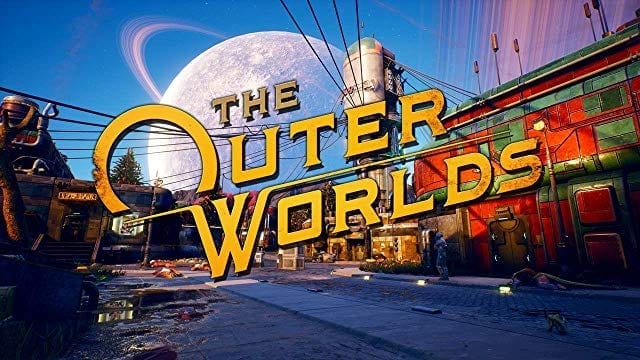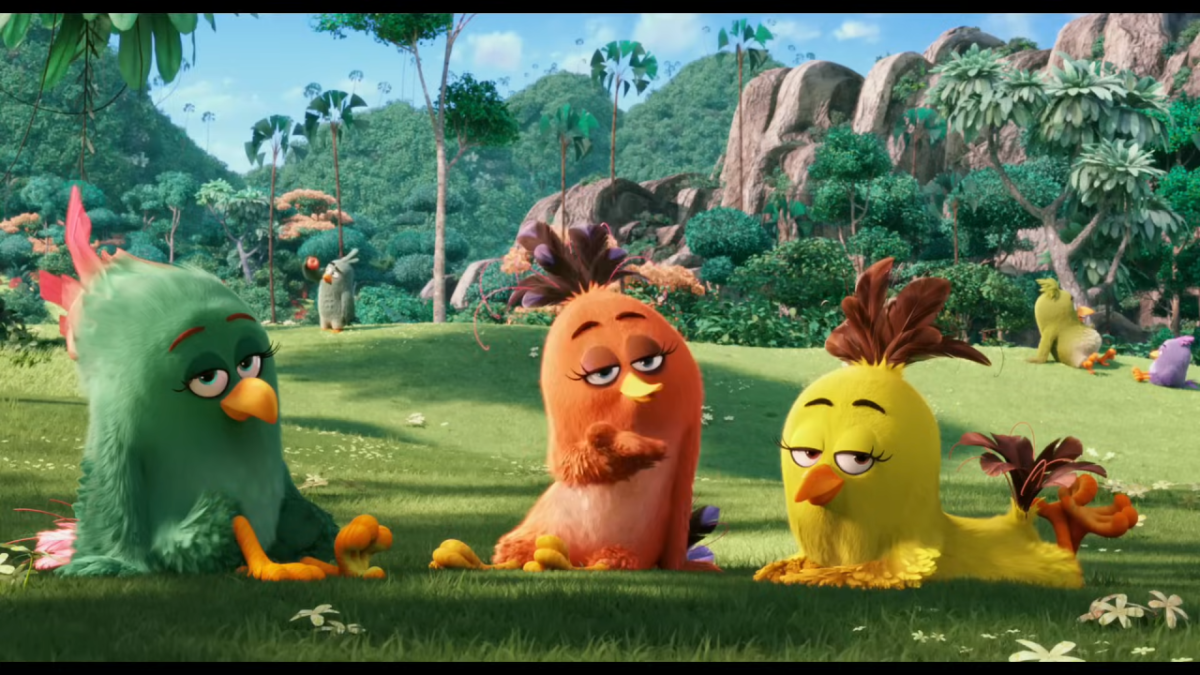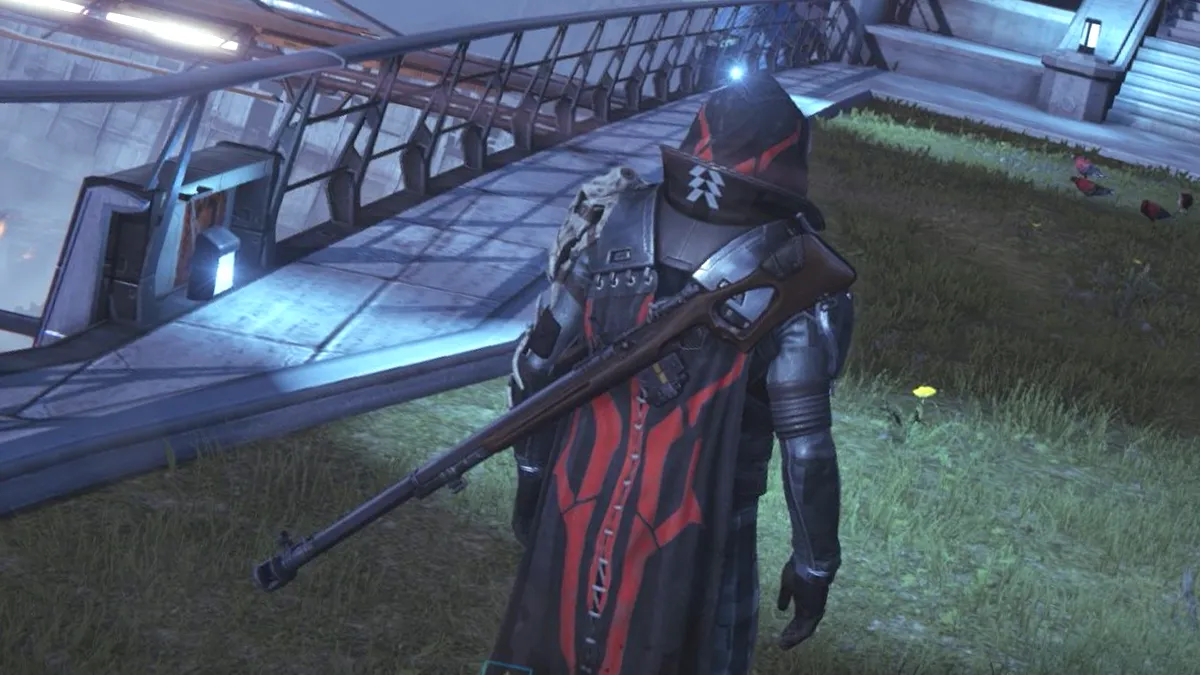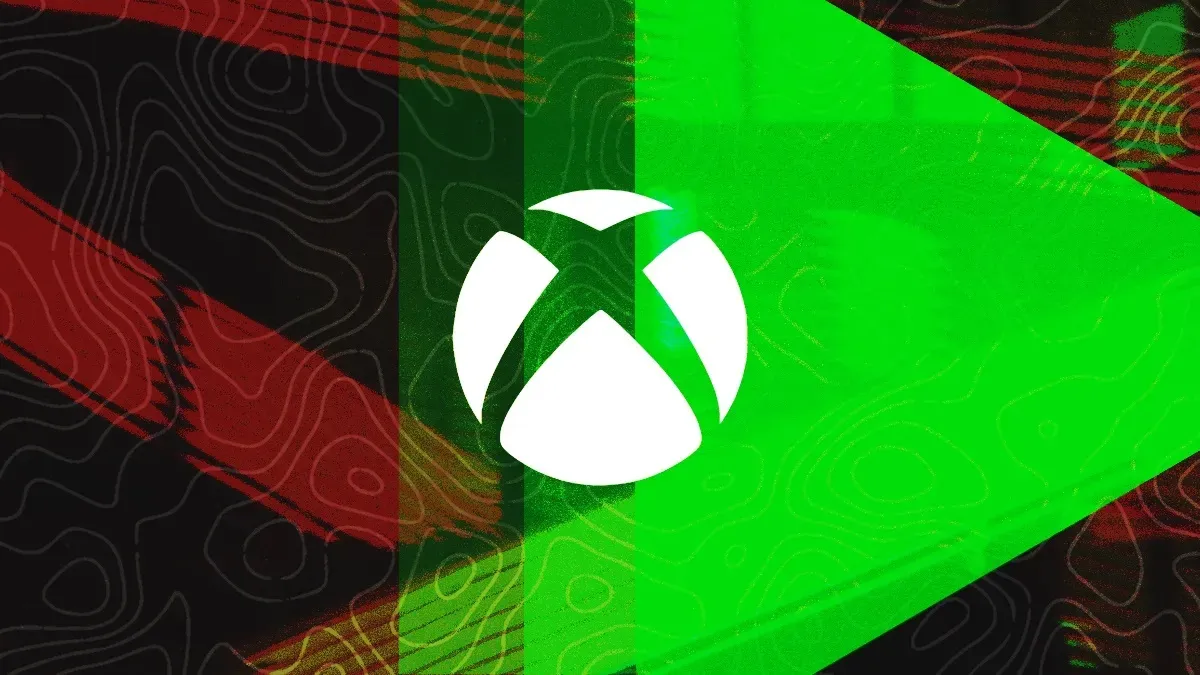Obsidian Entertainment announced The Outer Worlds last year at The Game Awards as Interplay and Troika veterans Leonard Boyarsky and Tim Cain took the stage. “From the creators of Fallout and the developers of Fallout: New Vegas” was a calculated tagline in the announcement trailer. Some even interpreted it as a poke at Bethesda Softworks. At the time, I thought it was clever marketing, and it did work to generate hype for the game. I’d been waiting for a sequel or spiritual successor to New Vegas for years, and this was it. Many other fans feel the same way, and some hope that The Outer Worlds will become a franchise of the same status as Fallout. I would really like that too, but the more I think about it, the more ambivalent I feel about it.
It’s interesting to note that Fallout itself was a spiritual successor to Wasteland. Initially, Interplay started the development as a sequel to the 1988 CRPG, but the rights belonged to Electronic Arts, who refused to license it. The first two Fallout games were considerably successful, and years later the IP rights went to Bethesda in an auction. The rest is history.
Now the creators of Fallout (with the notable absence of Jason Anderson) have created another IP as a spiritual successor to their own original IP. It’s a real head-scratcher, isn’t it? It’s as if these franchises always end up in the clutches of big corporate publishers to either languish in oblivion (Wasteland) or become a shadow of their former selves (Fallout). Obviously, this is all subjective, but that’s my view as a Fallout fan, shared by many other fans.
The litmus test
The Outer Worlds just might succeed as a great spiritual successor to Fallout. Tim Cain and Leonard Boyarsky have a brilliant vision, and the game looks beautifully realized in art direction, world-building, and gameplay. Still, there’s something that just doesn’t sit right. I’ve seen every gameplay trailer, I’ve followed all of the Game Informer exclusive coverage since the announcement, and I’ve read just about every report of the hands-off demo that Obsidian presented at E3 2019. Many of them praise The Outer Worlds for reviving what it felt like to play Fallout: New Vegas. It’s all very effective marketing, to the point that it’s almost suspicious. And that also fits the game’s undisguised themes of rampant advertising and consumerism in a world ruled by the corporatocracy.
There’s a possibility that The Outer Worlds won’t achieve what New Vegas achieved. In that sense, this article is more about what made New Vegas unique than about The Outer Worlds, which I haven’t seen at E3 2019. All I know about the game comes from what I’ve seen and read online. However, I can write about the many hours I’ve poured into New Vegas since its 2010 release. And I can write even more about how much New Vegas stuck with me for the past decade, both mentally and emotionally. For me, this is the litmus test of a great game. How quickly do you forget it before you move on to consume the next product from the assembly line? How often do you find yourself remembering the experience, even if you’re sick of replaying it?
The roughest diamond
Now, don’t get me wrong: New Vegas is a mess. It’s one of the buggiest, most unstable games I’ve ever played. I have no illusions about its technical state and performance. Mods are pretty much a necessity if you want to play it with fewer crashes and weird bugs. I’ve spent hours just trying to find the right load order sequence for mods on the old Nexus Mod Manager (currently Vortex). I vividly remember the excruciatingly long loading times, the often choppy frame rate, the flickering modded textures, and so on. Not that Fallout 3 and The Elder Scrolls IV: Oblivion were any better, mind you. In the words of the late, great John “TotalBiscuit” Bain, “Gamebryo… Gamebryo never changes.” New Vegas was and remains inherently flawed because of its game engine.
Not that it helped that the development itself was troubled and the 18-month deadline just wasn’t enough to do what Obsidian intended to accomplish. The developers did the best they possibly could with the resources available, and the final result is arguably one of the greatest games ever made, but also one of the most flawed games ever made. And perhaps that’s part of its great allure and charm. It’s this crude, rough diamond that manages to shimmer through the dirt somehow. It combined everything that made the original Fallout games unique and everything that made Fallout 3 atmospheric and fun, forging a whole new experience. New Vegas was the culmination of what Fallout had always meant to be: a dark mirror in the face of Americana in a post-apocalyptic retrofuture that channeled a grim and darkly humorous satire.
All those moments
Everyone who’s played through New Vegas has some unique story to tell. Something that sticks with you, either as a survival experience or as something you found out of the way in the landscapes of the sprawling Mojave. Stalking Deathclaws in Quarry Junction, trying to stay hidden while picking them off with the anti-materiel rifle. Stumbling upon the remains of Randall Clark in Zion Canyon, reading through his autobiographical notes. Hacking into the Lucky 38 control room and seeing Mr. House in all his shriveled horribleness. Maybe having sex with Fisto, the smooth protectron that was built for love. Following the thread that leads to Chief Hanlon and his methodical madness, understanding his reasons, and having to decide what to do with him.
These are all just loose bits and pieces of moments that coalesce into one of the most memorable gaming experiences I’ve ever had. No matter how many times you play and replay New Vegas, it feels like you’ll always find something new. There’s always some collapsed building you haven’t explored, or at least not as thoroughly as you thought you did. There’s always some random NPC you’ll walk into, and you might even get a quest you haven’t done before. Not to mention the dozens of unmarked quests. New Vegas is such a deep, rewarding RPG experience that it feels inexhaustible. If you haven’t yet, check out the Game Maker’s Toolkit video essay on the Beyond the Beef sidequest, which shows just how versatile the role-playing system is.
Misery loves companions
If all that wasn’t enough, New Vegas has a total of eight permanent recruitable companions, and two will follow you around everywhere (unless you mod it). In most games, companions tend to be a total pain in your behind. They get in the way; they glitch out or get lost. New Vegas does have some problems there as well, but it also offers one of the richest and most interesting companion engagement systems. Sure, you can use your companions merely as pack mules or just as a backup, if you want. Remember, though, this is an Obsidian RPG. Story matters and companions are a vital part of that storytelling experience. The companion quests in New Vegas are some of the best-written quests you’ll ever play. Not just in terms of emotional impact, but in how the quests impact on the main storyline as well.
If you don’t shed a single tear as you learn the story of NCR 1st Recon sniper Craig Boone and his wife, you’re a monster. If you don’t liberate the wise ghoul Raul Tejada from imprisonment when you find him in Black Mountain, you have no soul. I will always let out a belly laugh when Rose of Sharon Cassidy says the Long Dick Johnson line. (Not to mention that when you go into stealth mode, she does too, looks at you, and whispers, “Shh, we’re hunting shitheads.”) Veronica Santangelo, Arcade Gannon, Lily Bowen, Rex, and above all, the immortal ED-E. How can anyone not love all these fascinating, hilarious, deeply engaging characters? They stay with you long after you’re done playing and replaying, even if the facial animation was already looking dated in 2010. It’s miraculous what Obsidian accomplished with these characters.
A one-of-a-kind experience
I could go on and on about all the interactions that you can experience with these characters and branching quests. If you haven’t played New Vegas, you’re really missing out, but I’m absolutely sure that those who have played it are probably nodding along right now. It’s something that just has to be experienced for oneself, something that I haven’t experienced in any other game since then. Of course, I’ve played and enjoyed dozens of other games since then; I’ve had amazing gameplay experiences. I’ve seen some truly great storytelling in games; the medium has evolved a lot in both technology and design. Yet I often find myself yearning for the kind of experience that New Vegas offered.
Maybe it was unique in that way, in the sense that it was the last true Fallout experience. I don’t deny that Bethesda Game Studios has improved many things in terms of gameplay and atmosphere. I enjoyed Fallout 3 thoroughly, flawed as it was, even though I thought it could improve in many ways. On the other hand, Fallout 4 was a massive disappointment for me, though I was really looking forward to it. I refuse to pay for Fallout 76 because for me that’s just not what Fallout is supposed to be. I get that many other players will enjoy that kind of game, and that’s fine. Still, New Vegas remains the “last of the Mohicans” for me, and I’d pretty much lost any hope I ever had that we might get another Fallout game that offers that kind of experience.
A new hope
That was until the announcement of The Outer Worlds. Tim Cain and Leonard Boyarsky have managed to fan those flames of hope once again, and I really hope that they are able to replicate the magic of New Vegas. My main concern is that the writing team of The Outer Worlds is radically different. New Vegas was mainly written by Josh Sawyer, John Gonzalez, Eric Fenstermaker, and Travis Stout. Chris Avellone wrote most of the DLC. George Ziets, now a lead designer at inXile Entertainment, also wrote a few bits. Well, Sawyer isn’t attached to The Outer Worlds. Fenstermaker is only doing some freelance writing for Obsidian now. Travis Stout is a senior writer at Massive Entertainment. John Gonzalez is the narrative director at Guerrilla Games. Chris Avellone left Obsidian in 2015, and not on good terms.
I’m positive that the writing team of The Outer Worlds is highly talented, especially under the supervision of Leonard Boyarsky, who is a truly gifted designer and writer. I have no doubt that The Outer Worlds will feature some great writing and design. Yet, as I said, there are many games I’ve played that I loved and enjoyed very much, but they weren’t exactly the kind of experience I’m looking for. Granted, they weren’t custom-made to play like a spiritual successor to New Vegas as The Outer Worlds seems to be. So maybe I’m completely wrong, and it will be exactly the fix I’ve been waiting for all these years. I really hope I’m wrong, and if so, once I’ve played through The Outer Worlds, I’ll write another article retracting everything I’m saying here.
For now, I’ll trust my gut feeling. Fallout: New Vegas was a unique and amazing RPG, and it will be very difficult to replicate its magic. Not impossible, not unlikely, just extremely difficult. A game like that is more than the sum of its parts, more than a random mix of ingredients. It was a conjunction of amazing writing, wonderful voice acting, great soundtrack, and meticulous design that made New Vegas what it was. I’m sure there are other fans out there who feel the same way. If you’re one of those, please drop your comments below and share your experiences. I’m always interested in reading stories about how people felt playing New Vegas and how it stuck with them through all these years since its 2010 release.







Published: Jul 11, 2019 05:30 pm